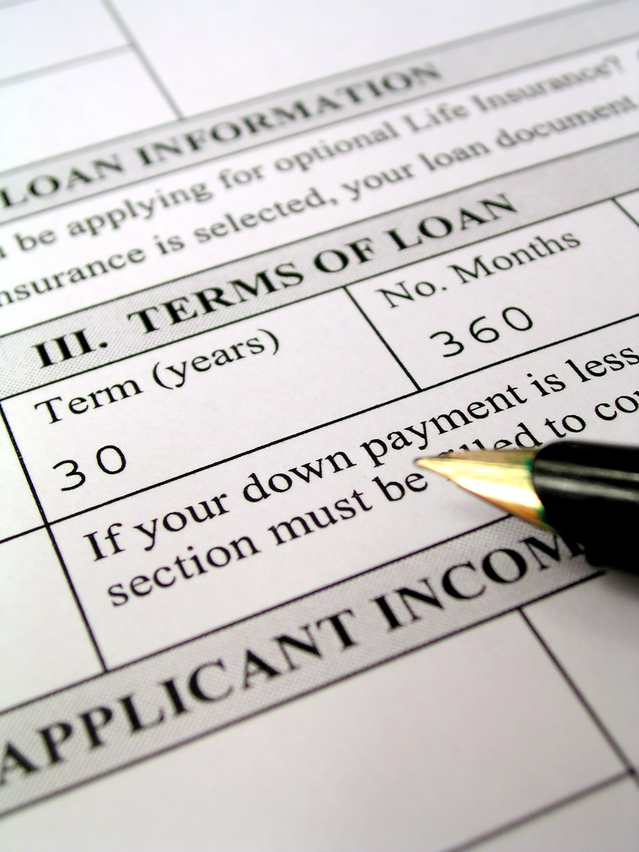Occasionally in a bankruptcy filing, a debtor is on a deed to a property but not on the mortgage attached to it. This sometimes occurs when either (1) a property is inherited or (2) when a spouse remarries. In these circumstances, a question arises in the Chapter 13 context, can the debtor who is on a deed to a home but not actually on the mortgage request loss mitigation in the Bankruptcy Court. This was the case in the matter In Re Smith, 496 BR 198 (Bankr. S.D.N.Y. 2012). In that case, the Chapter 13 debtor requested loss mitigation with respect to a mortgaged property that had been transferred to her by her mother. Subsequent to the transfer, the debtor’s mother passed away. The debtor requested loss mitigation and the lender did not object to her request but only later said that they were not required to participate. Chief Judge, Cecelia G. Morris ruled that (1) the mother’s transfer of property was valid, (2) the debtor could treat the mother’s mortgage as a secured claim in her chapter 13 plan, and (3) that the lender had to participate in the plan.
In this blog, we will examine each element of Chief Judge Morris’ holding. First, the secured creditor objected to the transfer of the property prior to the loan being paid. They said this violated a “due on sale” provision in the mortgage. The Court found the transfer was clearly with the exemption of 12 U.S.C § 1701 (j)(3), which states “a lender may not exercise its option pursuant to a due on sale clause upon…a transfer where the spouse or children of the borrower become an owner of the property.” See In Re Lumpkin, 144 B.R. 240 (Bankr. D. Conn. 1992). The secured creditor’s objection under a due on sale provision was preempted by federal statute.
Next, the Court considered whether the mother’s mortgage could be a claim in the daughter’s Chapter 13 case. In the instant case, Chief Judge Morris relied heavily upon Johnson v. Home State Bank, 501 U.S. 78 (1991), in which the U.S. Supreme Court allows a Chapter 13 plan to pay off mortgage arrears after a completed Chapter 7. The Court unanimously held that a mortgage holder still retains a “‘right to payment’ in the form of its right to the proceeds from the sale of debtor’s property”. Justice Marshall went on stating that a Chapter 7 only “extinguishes” the personal liability of the debtor and that the secured lender claim against the property is subject to inclusion within a Chapter 13 plan. Chief Judge Morris found that the Supreme Court’s reasoning holds up even under the revisions made to the Bankruptcy Code from 2005 (often referred to as BAPCPA). This situation is just like a repeat filer who no longer has personal liability on the debt. The fact that debtor in In Re Smith is not liable does not mean that the secured creditor does not a claim against the property which was legally transferred by the debtor.
Finally, the court found that because a mortgage in which there was no personal liability could be a claim a Chapter 13 plan and because the secured creditor did not object to the issuance of the loss mitigation order, the secured lender must participate in the loss mitigation program “in accordance with program procedures.”
If you have any questions about loss mitigation in Chapter 13 bankruptcy, please feel free to contact the Law Offices of David I Pankin, P.C. at 888-529-9600 or by using our easy online contact form. David I. Pankin is a Long Island bankruptcy lawyer helping consumers in New York with financial difficulties since 1995. Mr. Pankin has represented over 10,000 clients with their bankruptcy, predatory lending, foreclosure defense, loan modifications, and other consumer protection matters.






